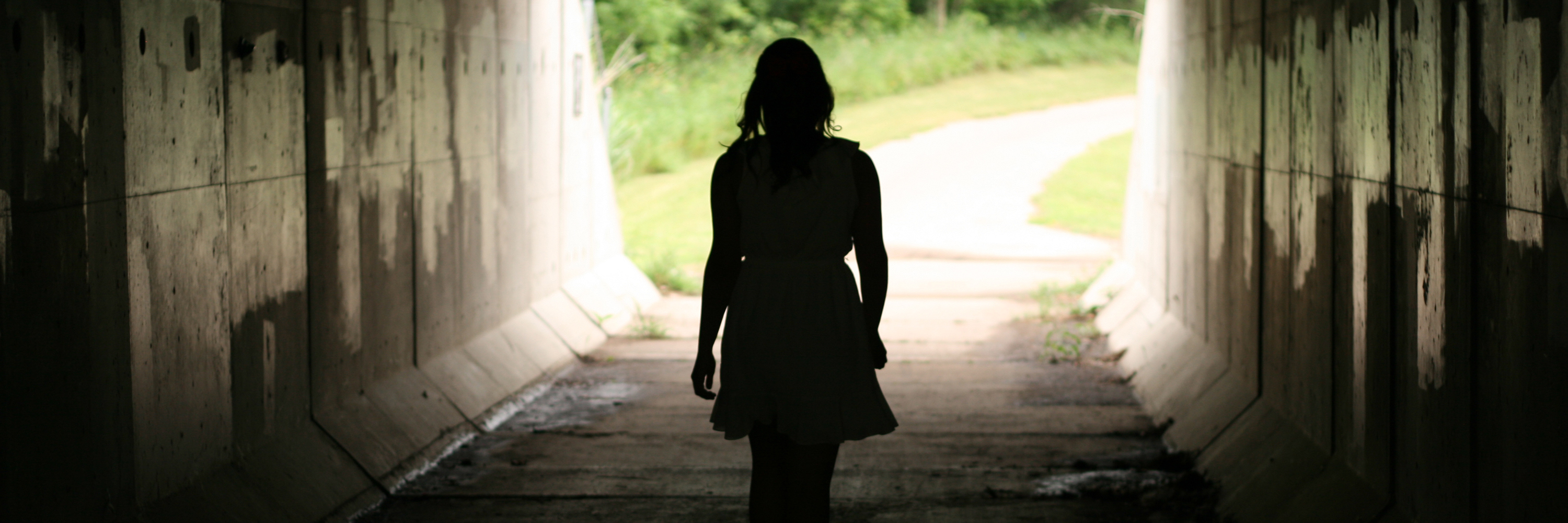Editor’s note: If you live with an eating disorder, struggle with self-harm or experience suicidal thoughts, the following post could be potentially triggering. You can contact the Crisis Text Line by texting “START” to 741-741. For a list of ways to cope with self-harm urges, click here. For eating disorders, you can contact the Crisis Text Line by texting“NEDA” to 741-741.
Many people with a mental illness ask: “What is recovery?” Many often see recovery as a scary process.
Recovery means having good days as well as bad ones. Recovery does not mean you’re cured. Recovery does not mean you don’t have slip ups. Recovery is a scary place if you let it be. Recovery is a big hill that is worthy to climb.
Often I ask myself, “Was I worth recovery?” I often question why I did this to myself, and why I didn’t just stay the way I was. For me, the reason behind recovery was that I wanted to be free of my mental illnesses. Am I? No. I’m not, but I’m not my illnesses either.
I’m thrown back a photo from earlier this year when I happened to be hospitalized for my depression. This night in particular, I attempted to die by suicide. I remember this night clearly. I wanted everything to end, including mostly my life. The pain I was in wasn’t the reason I wanted to die — it was the fact I was done breathing, done existing in what I saw as such an empty world, done being hurt and just done by being here on this earth. I was sure no one would have missed me. I was sure everyone’s lives would be better off. I was sick and tired of being a burden on my friends. I was sick of being a burden on hospital staff.
I pretend to look happy in everyday life. I fake a smile. I eat just to please other people and convince people I’m still not struggling with my eating disorder. I keep my emotions bottled up and medicate myself with other tools to ease what I’m feeling — including self-harm. I hide my scars because I’m scared it will hurt and “freak out” the people around me. I feel as if no one understands what I’m feeling, so harming myself makes me feel “normal” for just five minutes; then, I’m back to where I started.
I try to use sleep as an escape, but honestly what even is sleep? I go days where I can’t sleep, and I look and feel like a zombie. I sometimes manage only two hours, and for whatever reason, I can’t get back to sleep. Insomnia is hell. Sometimes I will stay awake thinking about how I fucked up every bit of my life. Sometimes I will just think about how worthless I am to everyone around me. Sometimes the only thing to help me sleep at night is self-harm.
So what is recovery?
Recovery still means battling with your inner demons. Recovery is crying and screaming and harming yourself to feel alive. Recovery is sometimes starving and vomiting until you make you hurt. Recovery means having setbacks. Recovery just means living on the outside of life, barely breathing. Recovery is living with the suicidal thoughts on an everyday basis. Recovery is having doctors throw medication your way just to make you “better.” Recovery is not a beautiful destination. Recovery is a scary, daunting place, but I’m trying every damn day to believe there is a light at the end of that tunnel — trying to believe there is hope.
Staying strong in recovery is a hard one. Recovery is your own journey and sometimes you do have to face it alone. Recovery is your own story. Embrace that in you. Embrace your own self-worth and know that you are worth recovery.
If you or someone you know needs help, visit our suicide prevention resources page.
If you struggle with self-harm and you need support right now, call the crisis hotline at 1-800-273-8255 or text “START” to 741-741. For a list of ways to cope with self-harm urges, click here.
If you or someone you know is struggling with an eating disorder, you can call the National Eating Disorders Association Helpline at 1-800-931-2237.
We want to hear your story. Become a Mighty contributor here.
Thinkstock photo via laurenbergstrom

